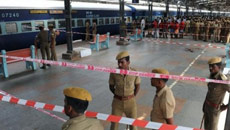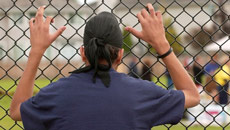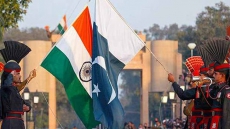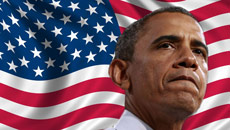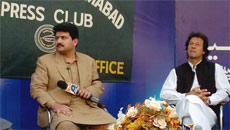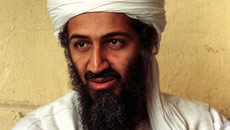India's score in press freedom declined by a point, to 39, to reflect increased interference in content by media owners in the run-up to the 2014 elections, according to a Freedom House report released Thursday.
Such interference "led to the dismissal of key editorial staff in several instances", says the report which rates India "Partly Free" on a scale from 0 (best) to 100 (worst) divided into three subcategories - "Free", "Partly Free", or "Not Free".
Global press freedom has fallen to its lowest level in over a decade, says the annual 'Freedom of the Press 2014: A Global Survey of Media Independence', the report published by the non-profit organisation since 1980.
The report found that despite positive developments in a number of countries, the share of the world's population with media rated "Free" remains at just 14 percent, or only one in seven people.
Far larger shares live in "Not Free" (44 percent) or "Partly Free" (42 percent) media environments.
"We see declines in media freedom on a global level, driven by governments' efforts to control the message and punish the messenger," said Karin Karlekar, project director of the report.
"In every region of the world last year, we found both governments and private actors attacking reporters, blocking their physical access to newsworthy events, censoring content, and ordering politically motivated firings of journalists."
Of the 197 countries and territories assessed during 2013, a total of 63 (32 percent) were rated Free, 68 (35 percent) were rated Partly Free, and 66 (33 percent) were rated Not Free.
This balance marks a shift toward the Not Free category compared with the edition covering 2012, which featured 63 Free, 70 Partly Free, and 64 Not Free countries and territories.
The population figures are significantly affected by two countries -- China, with a Not Free status, and India, with a Partly Free status -- that together account for over a third of the world's more than seven billion people.
In Asia Pacific, only 5 percent of the region's population had access to Free media in 2013, the report said.
China, rated Not Free, continued to crack down on online speech, particularly on microblogs, and also ramped up pressure on foreign journalists.
Press freedom deteriorated in Hong Kong, India, Sri Lanka, Thailand, and several Pacific island states. Burma and Nepal registered score improvements.
The US remains one of the stronger performers in the index, but it suffered a significant negative shift for 2013, from 18 to 21 points, due to several factors.
"The limited willingness of high-level government officials to provide access and information to members of the press, already noted in 2012, remained a concern, and additional methods of restricting the flow of information became apparent during the year," the report said.
The world's eight worst-rated countries remain Belarus, Cuba, Equatorial Guinea, Eritrea, Iran, North Korea, Turkmenistan, and Uzbekistan.
(Arun Kumar can be contacted at arun.kumar@ians.in)
